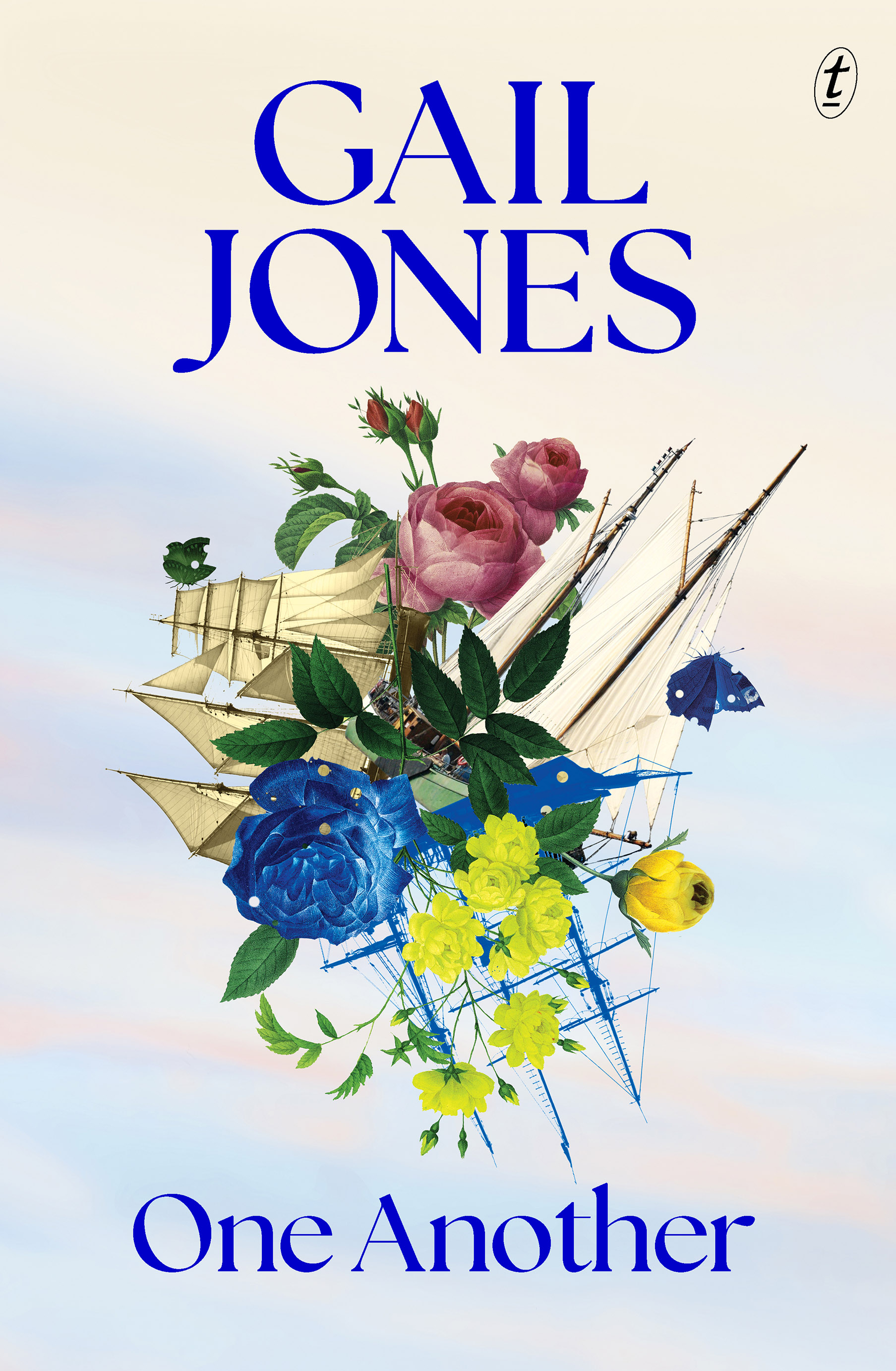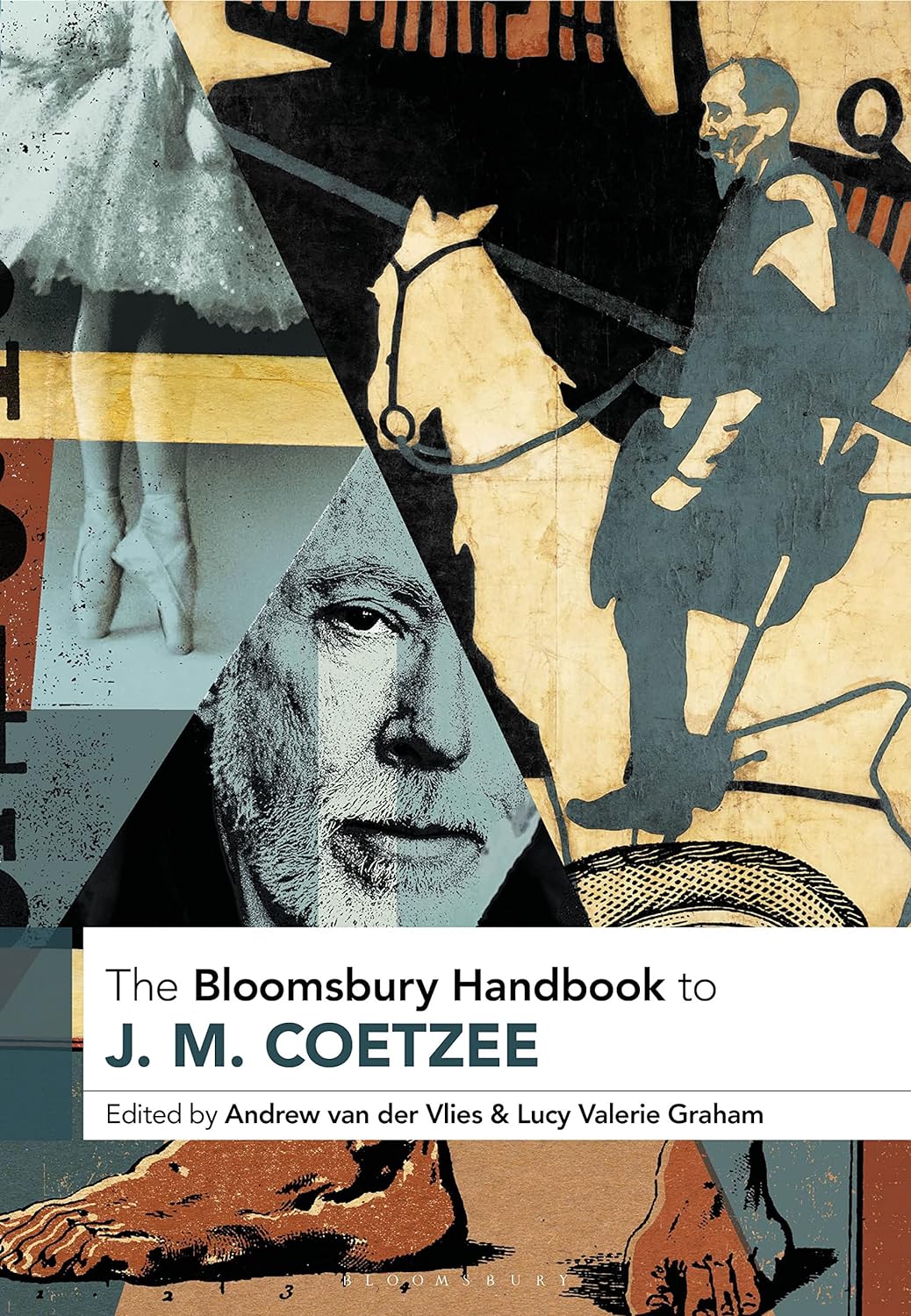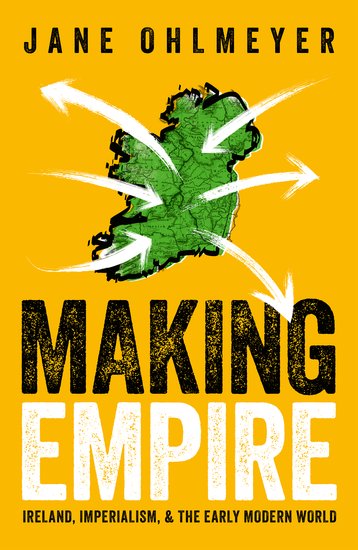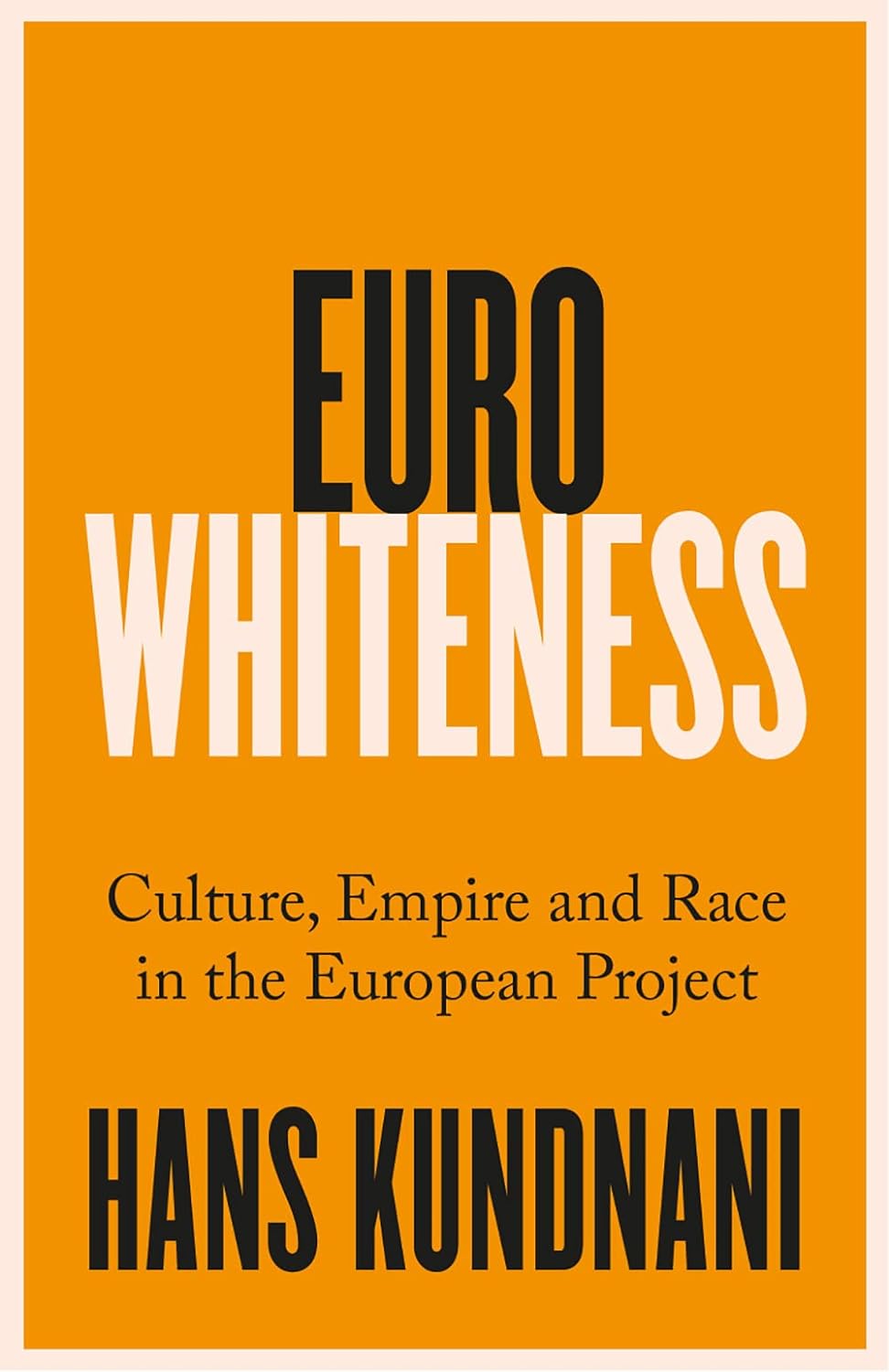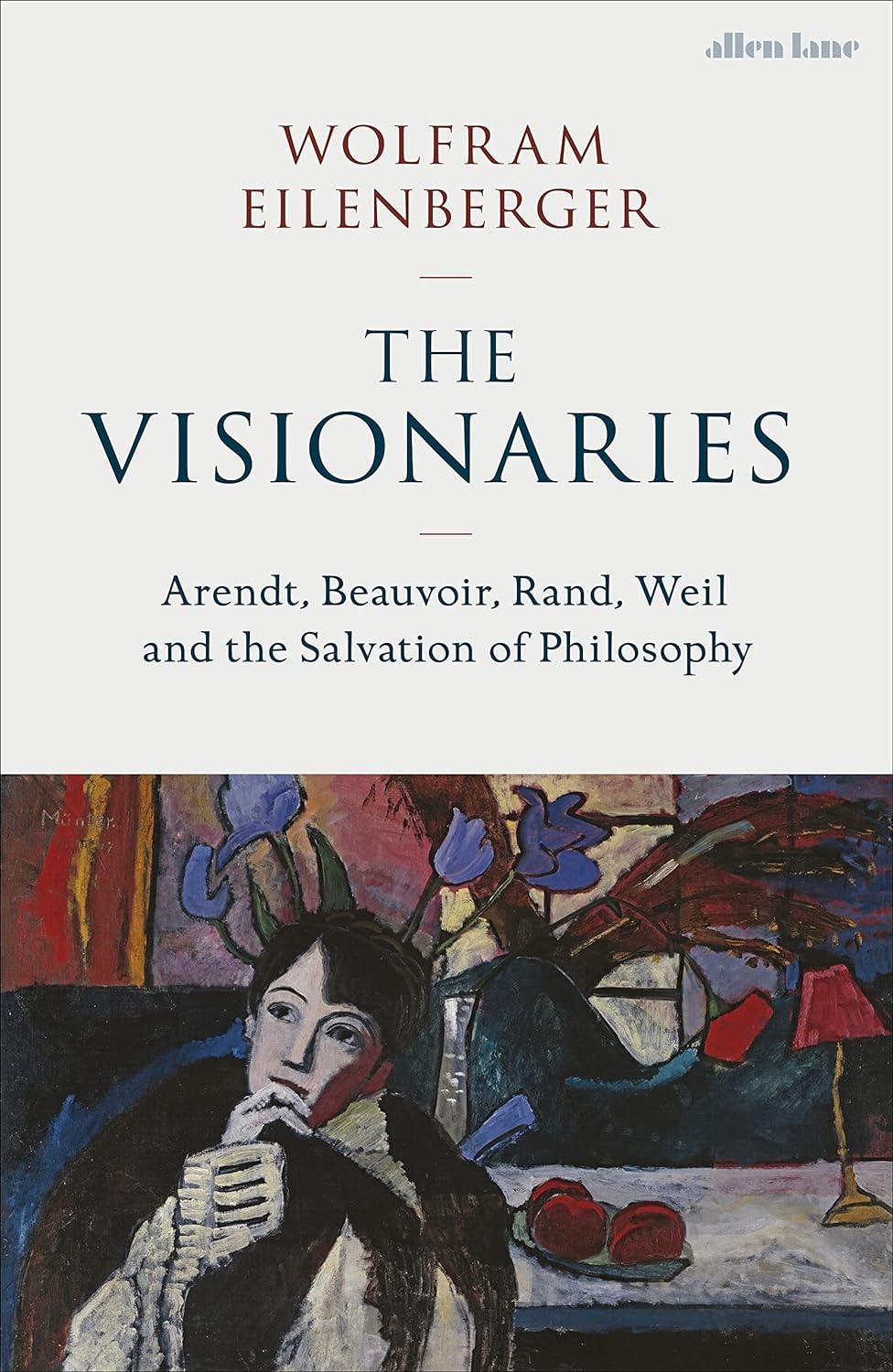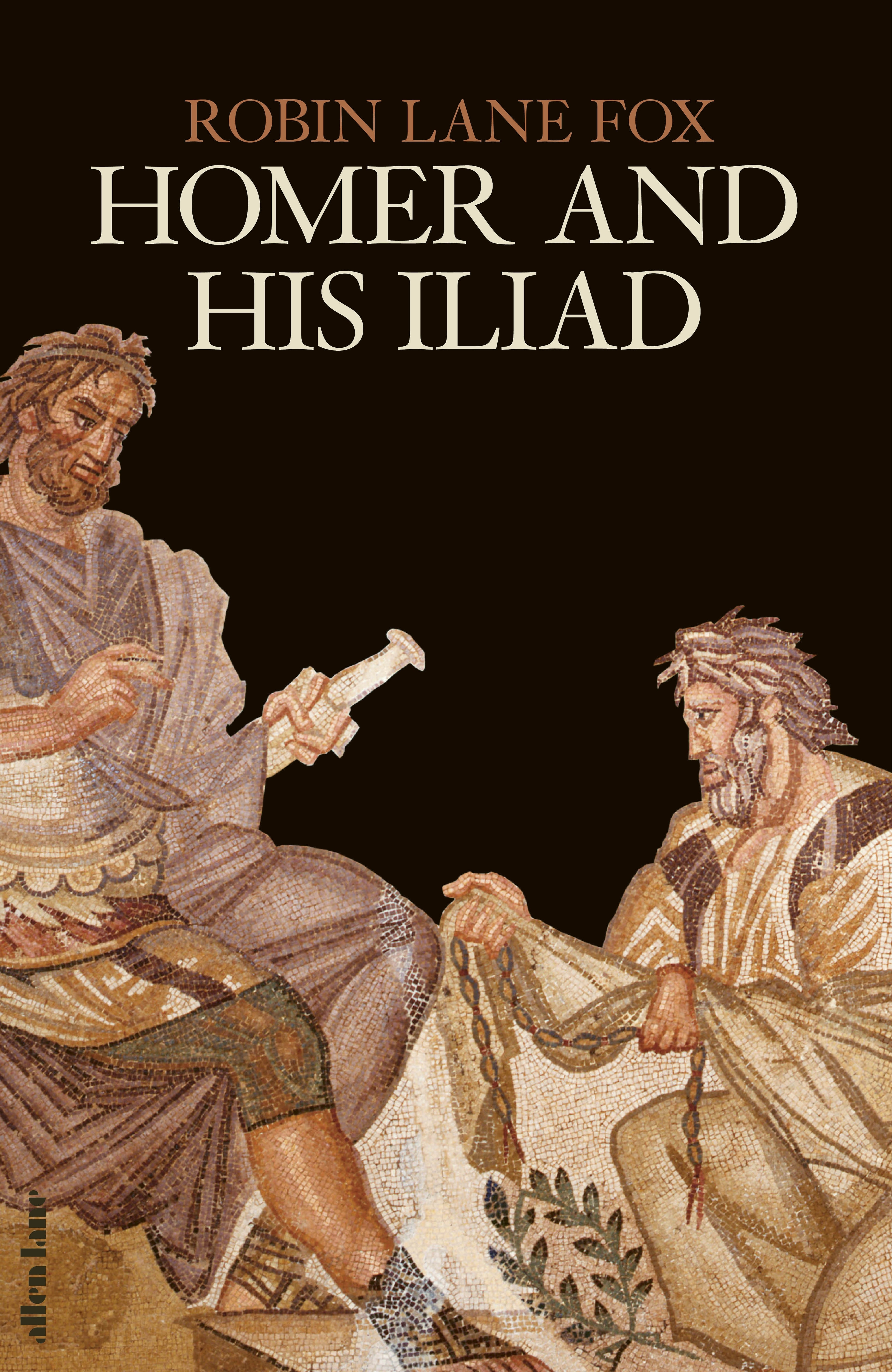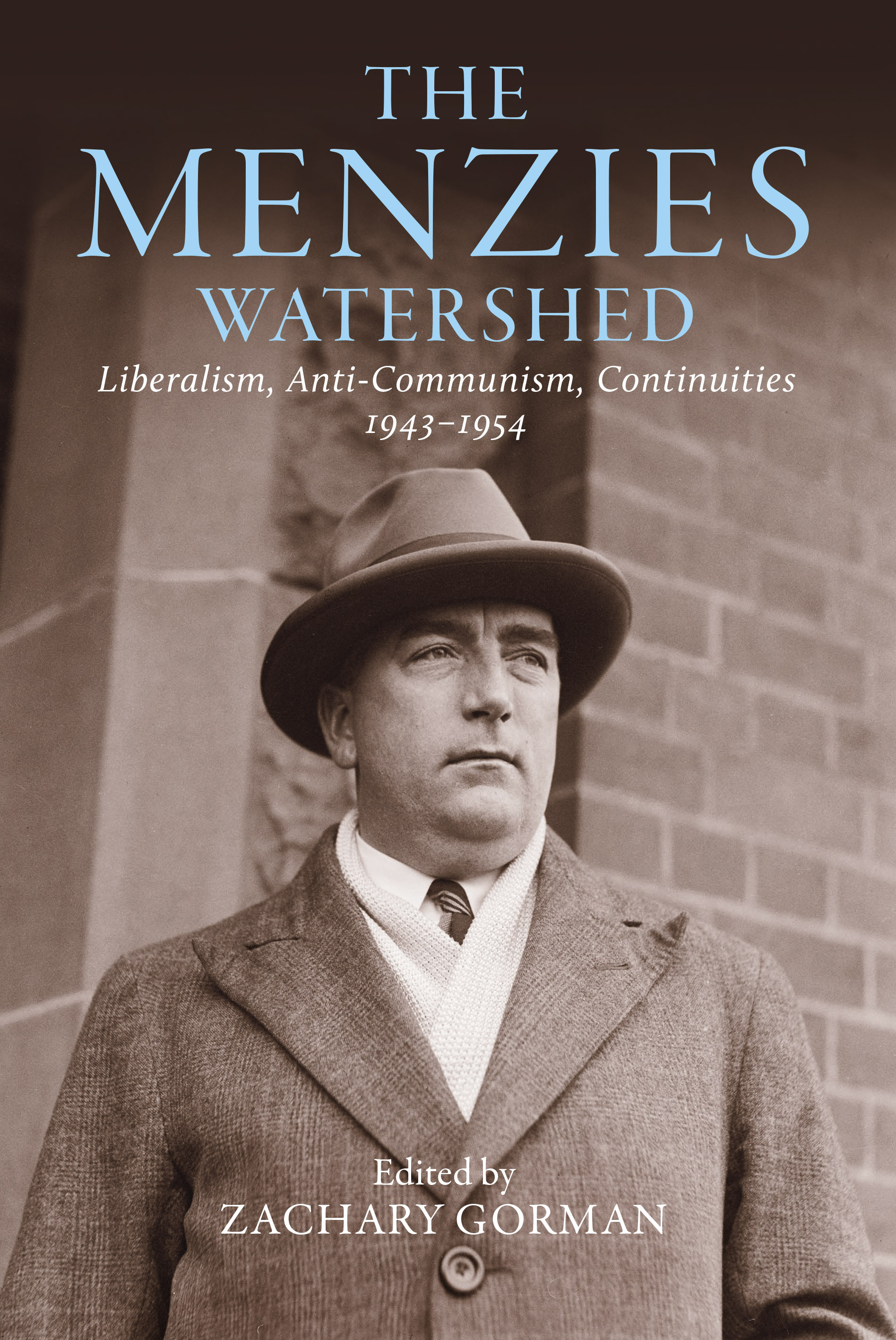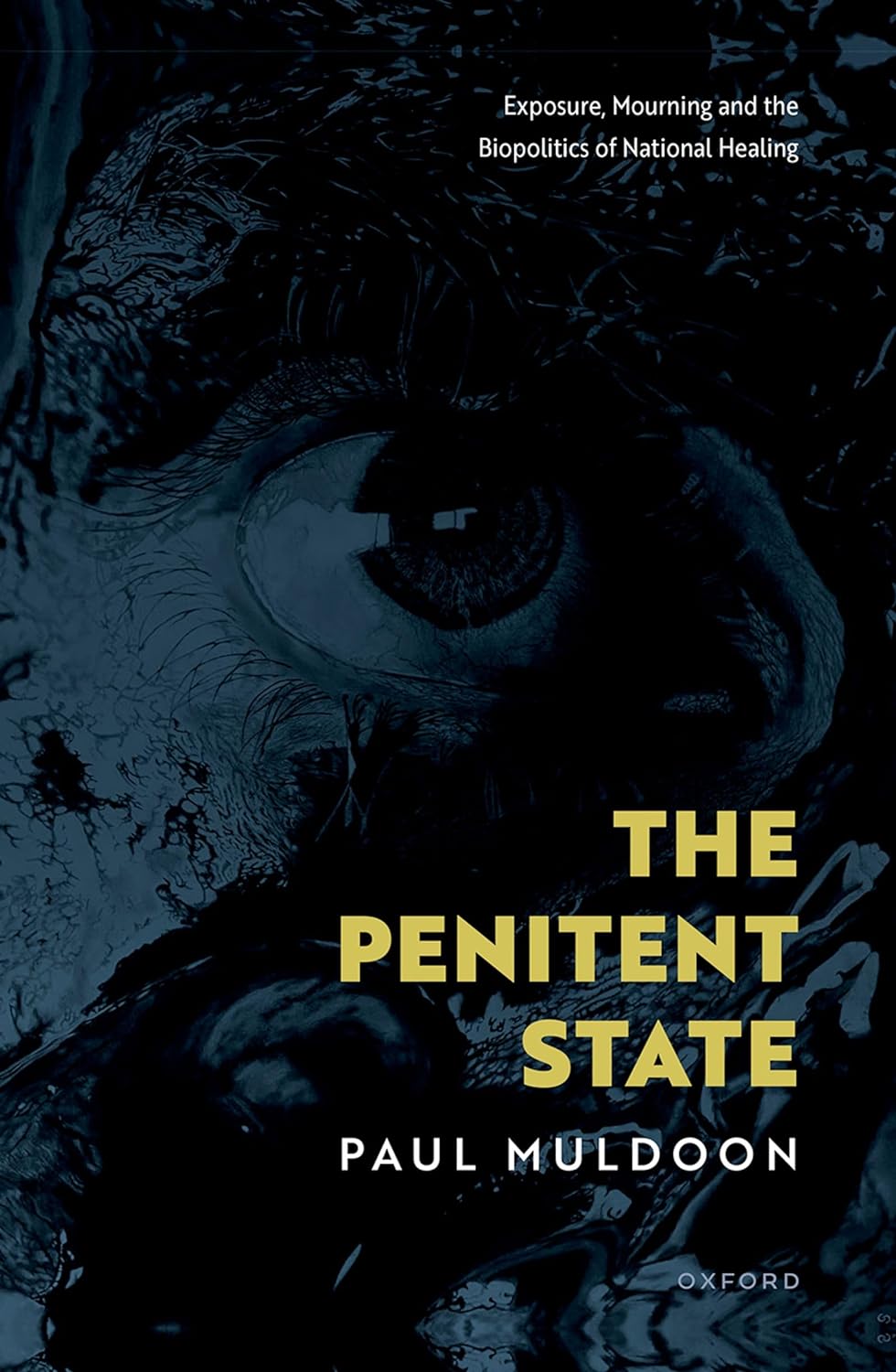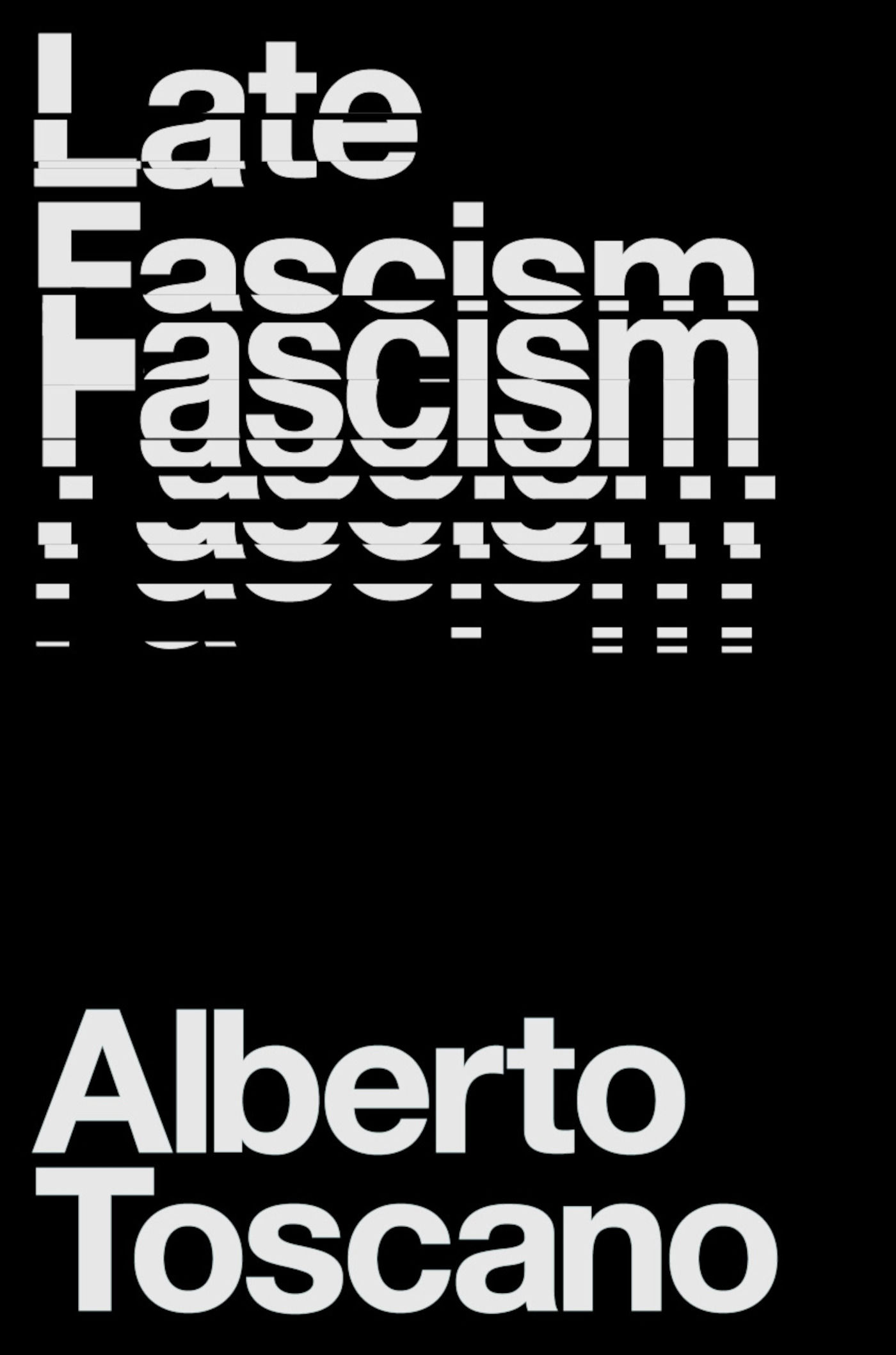Review
The Bloomsbury Handbook to J.M. Coetzee edited by Andrew van der Vlies and Lucie Valerie Graham
by Tim Mehigan •
Shooting Blanks at the Anzac Legend: Australian women’s war fictions by Donna Coates
by Sue Kossew •
Making Empire: Ireland, imperialism, and the early modern world by Jane Ohlmeyer
by Ronan McDonald •
Eurowhiteness: Culture, empire and race in the European project by Hans Kundnani
by Clinton Fernandes •
The Visionaries: Arendt, Beauvoir, Rand, Weil and the salvation of philosophy by Wolfram Eilenberger, translated by Shaun Whiteside
by Frances Wilson •
Homer and His Iliad by Robin Lane Fox & The Iliad by Homer, translated by Emily Wilson
The Menzies Watershed edited by Zachary Gorman & Menzies versus Evatt by Anne Henderson
by Patrick Mullins •
The Penitent State: Exposure, mourning, and the biopolitics of national healing by Paul Muldoon
by Stephanie Collins •
Late Fascism: Race, capitalism and the politics of crisis by Alberto Toscano
by Ben Gook •

